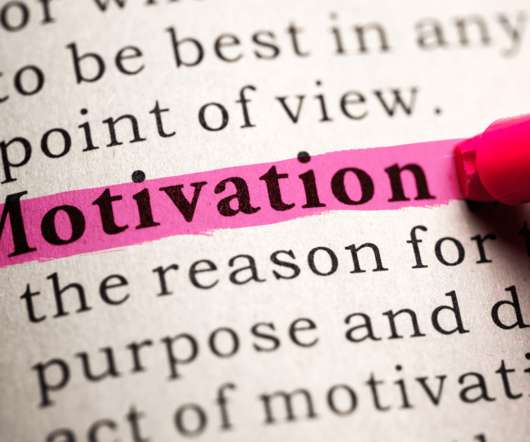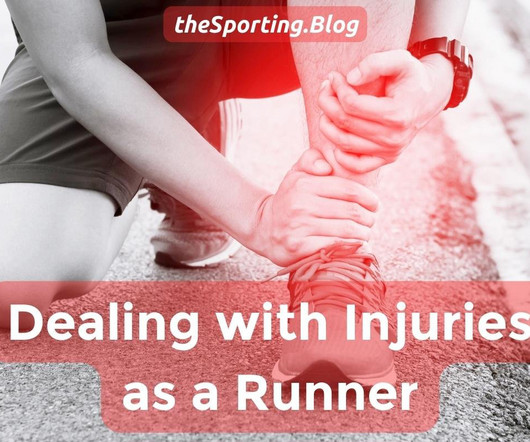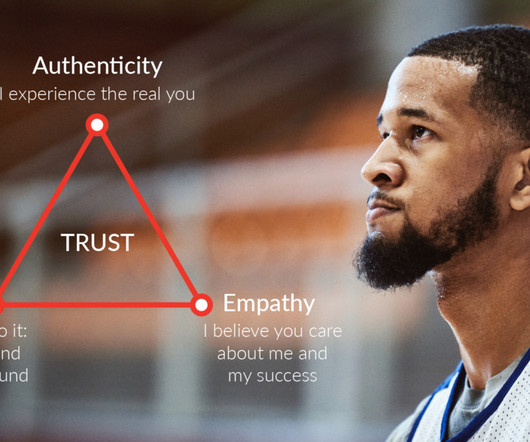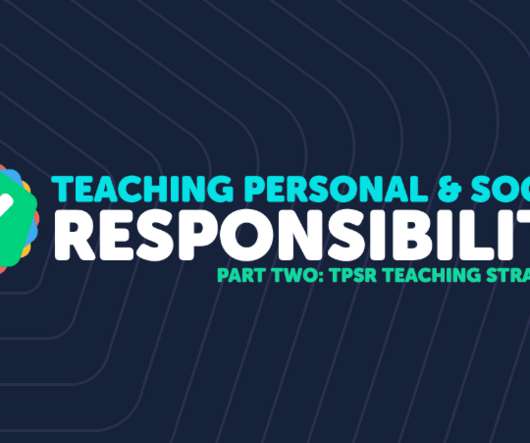Having Trouble Sticking to Your Exercise Program? Stay Motivated With These 13 Exercise Adherence Strategies
AASP
JANUARY 18, 2022
<p>From AASP Members and Authors: Gabrielle Salvatore, MS, Sheila Alicea, PhD, CMPC, Cynthia Clarke, EdD, CMPC, and Michael Sachs, PhD, CMPC</p> <p>The benefits of exercise are well-known, but in order for people to reap the most benefits from exercise they need to adhere to a program.

















Let's personalize your content